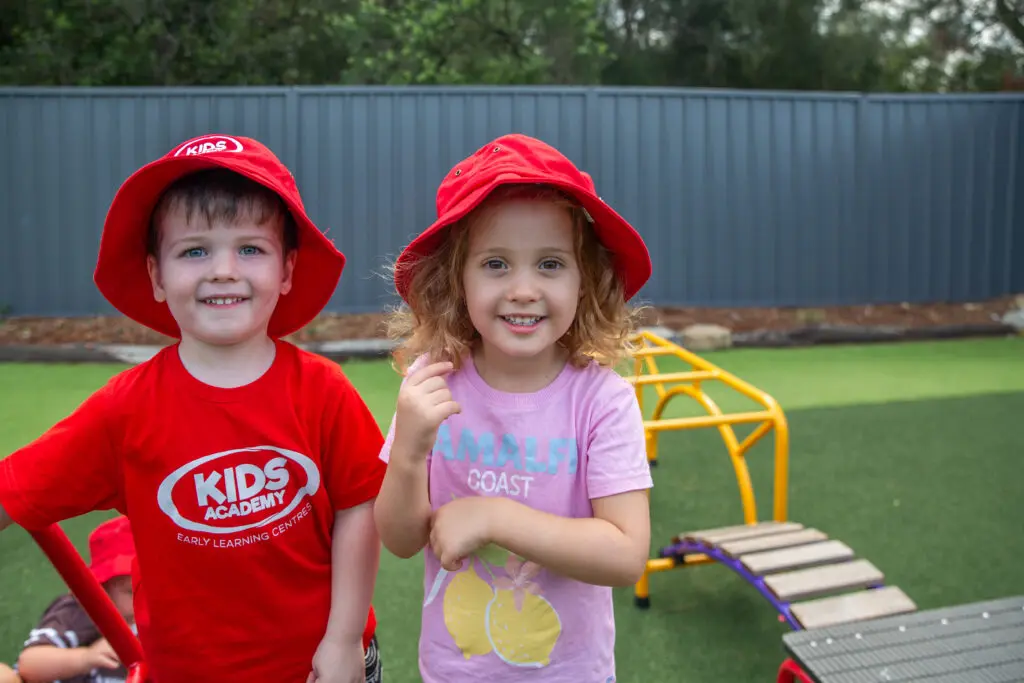
How Friendships Help Build Resilience and School Readiness
When we think about preparing children for school, literacy and numeracy often come to mind first. But one of the most important foundations for school readiness isn’t academic, it’s social.
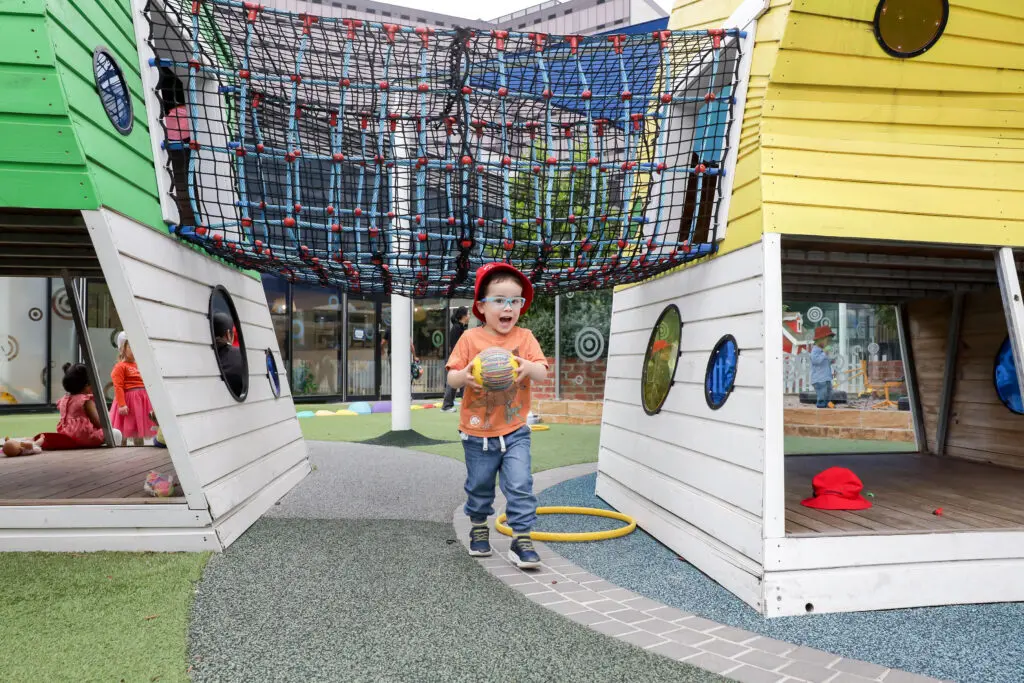
Big Feelings Explained: What’s Normal for Toddlers and Preschoolers?
If you’re raising a toddler or preschooler, big feelings can feel like part of the daily routine. One minute your child is happily playing, the next they’re overwhelmed – frustrated, upset, or completely melting down over something unexpected.
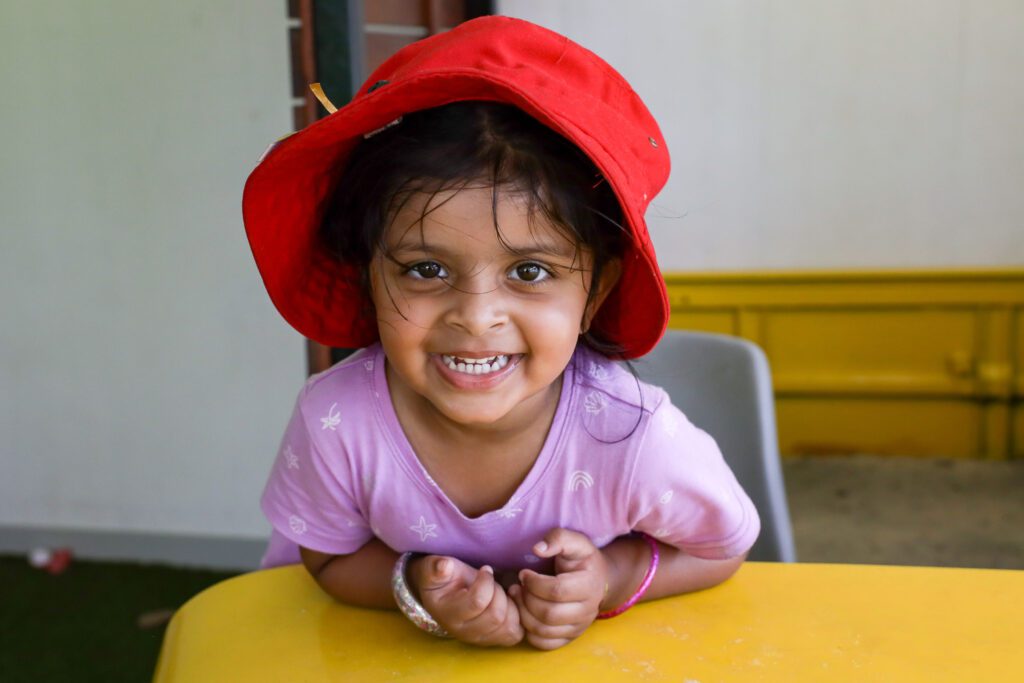
Tips From an Educator to Help Your Child Sleep Better
If sleep has been a bit hit-and-miss lately, you’re not alone.
Many families with babies, toddlers and preschoolers go through stages where bedtime suddenly feels harder. Children may wake more often overnight, resist settling, or struggle with changes to naps. When you’re already tired, it can leave you questioning whether you’re doing the right thing, or whether something needs fixing.
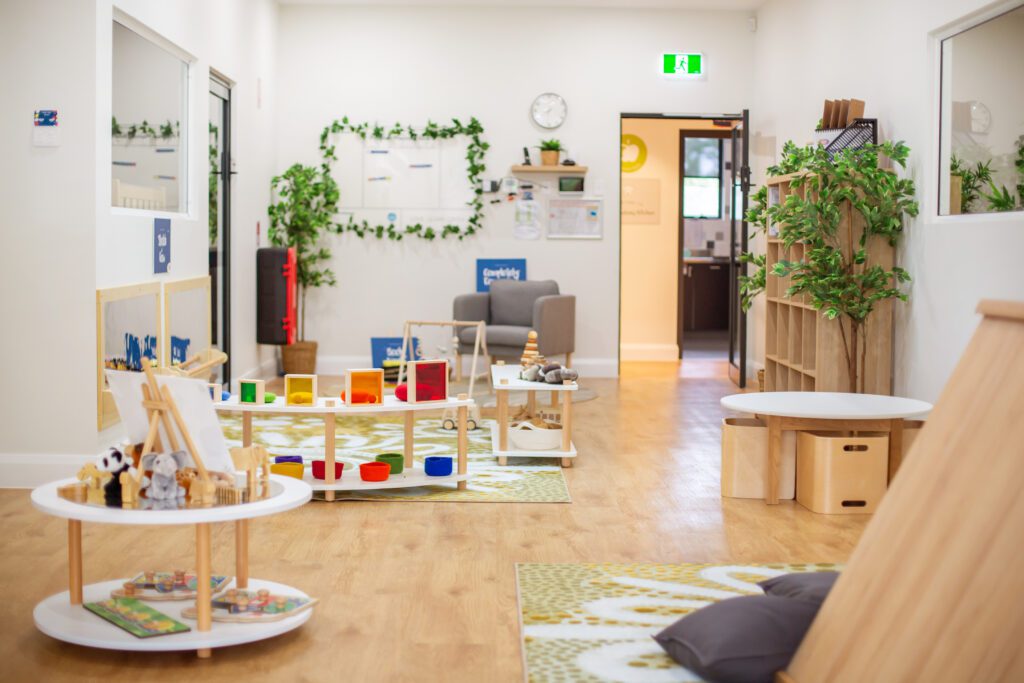
Back to Childcare After the Holidays: Supporting a Smooth Transition
Returning to childcare after the holidays can feel like a bigger adjustment than expected, even for children who were previously settled and confident.
After weeks of flexible routines, time at home, and familiar faces, the shift back to structured days can take a little time. For many families, this shows up in small but noticeable ways during the first few weeks of the year.
If things feel slightly harder than usual, it doesn’t mean something is wrong. It simply means your child is adjusting, and that’s completely normal.
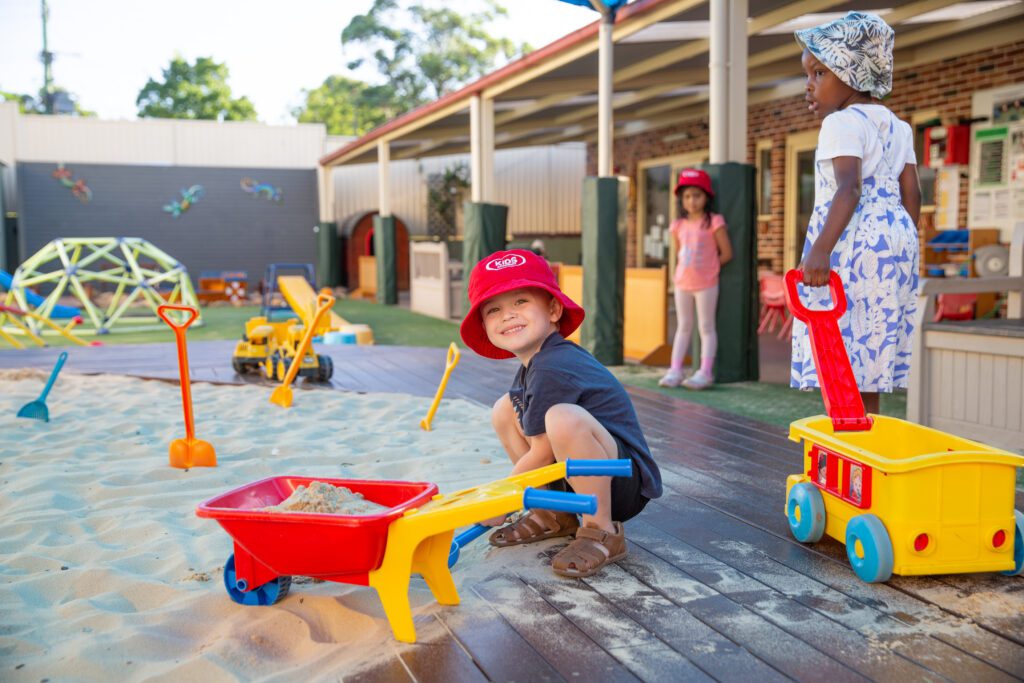
Summer Is Coming: Making Sun Safety Easy for Busy Families
Australian summers are full of fun – beach days, backyard play, park visits and long afternoons outdoors. As the warmer months approach, sun safety becomes an important part of everyday life, especially for young children whose skin needs extra care.
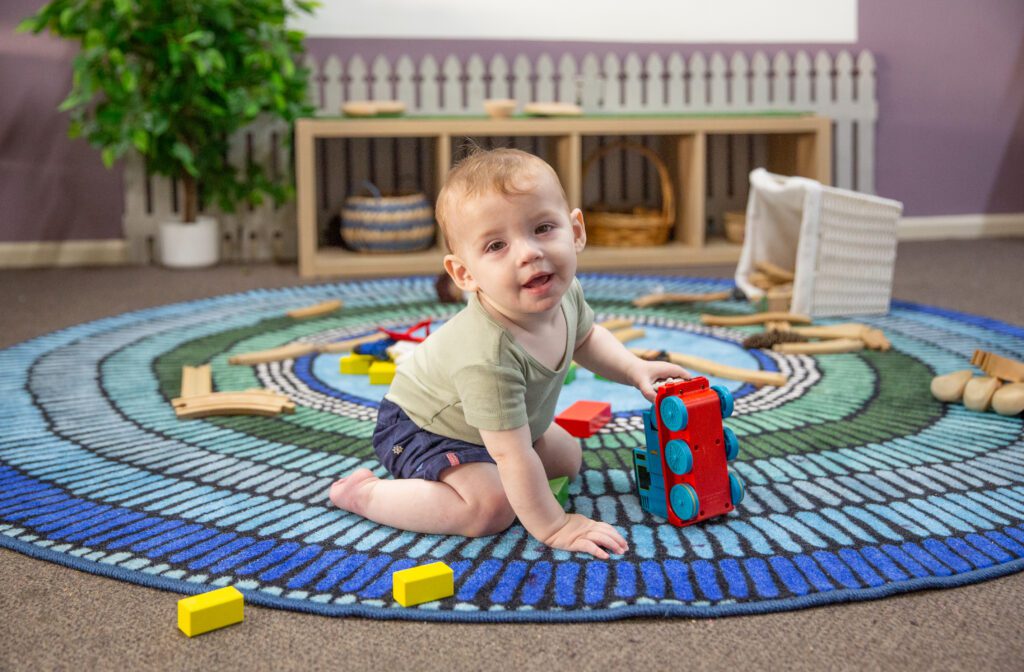
Childcare & Early Learning in Melbourne’s North: Your Local Kids Academy Centres
Finding the right childcare centre is a huge decision for any family. You want a place where your child is genuinely cared for, where educators take the time to understand their personality, and where each day is filled with meaningful learning and warm, nurturing moments.
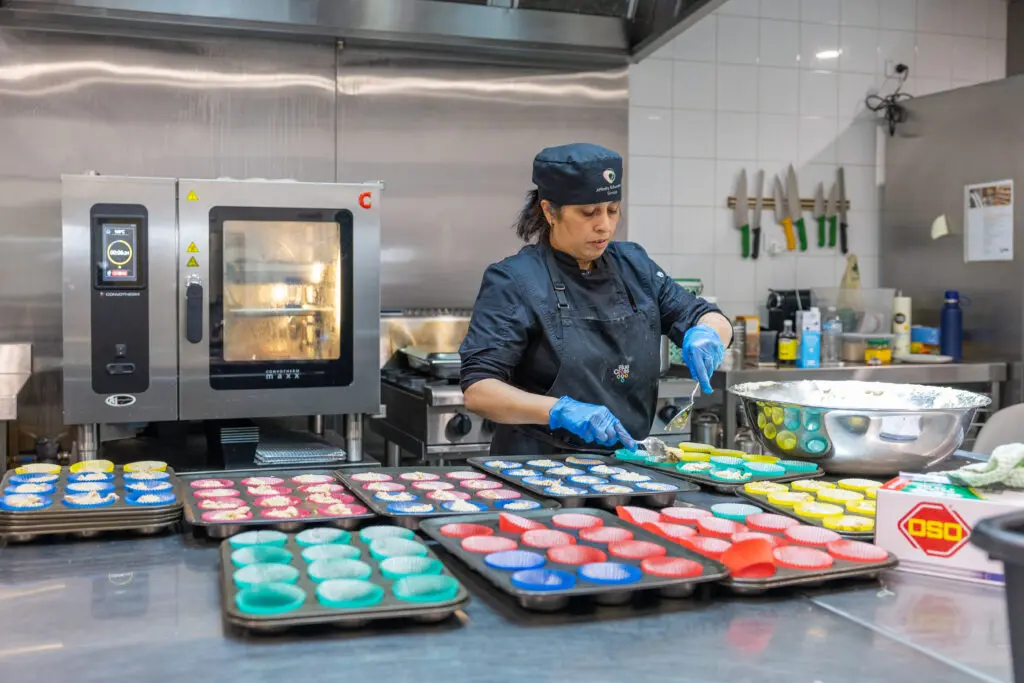
Fresh, Tasty & Made for Growing Kids: Our New Summer Menu Is Here at Kids Academy
As parents, we always want to know our children are eating well, especially when they’re spending big days learning, playing, exploring and burning through endless energy (how do they do that?). Knowing they’re getting nutritious meals at childcare gives us one less thing to worry about.
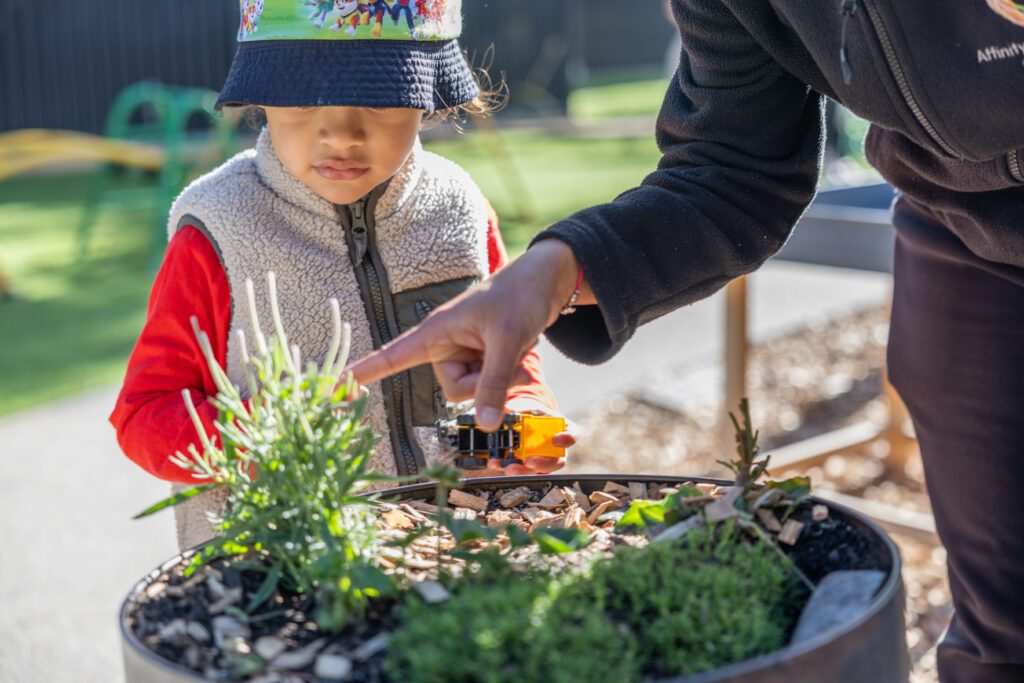
CCS & the 3 Day Guarantee: Clear Answers for Kids Academy Families in 2026
Over the past few weeks, many Kids Academy families have been asking about the upcoming Child Care Subsidy (CCS) changes, especially the new 3 Day Guarantee starting in January 2026.
If you’ve been wondering what this means for your fees, your routine or your child’s enrolment, you’re not alone.
These changes are big, and it’s completely normal to want simple, honest guidance.
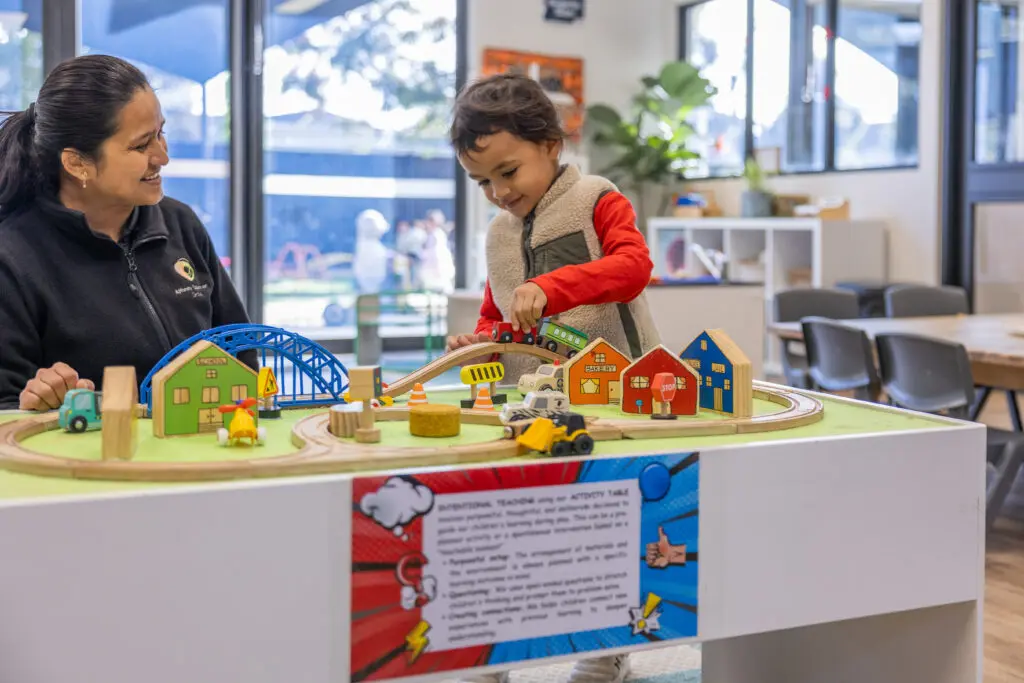
Juggling Work, Life, and the Festive Season? Casual Child Care Days Can Help
As the year draws to a close, life can feel busier than ever. Between end-of-year deadlines, school events, Christmas shopping, and social gatherings, there’s barely a moment to stop and catch your breath.
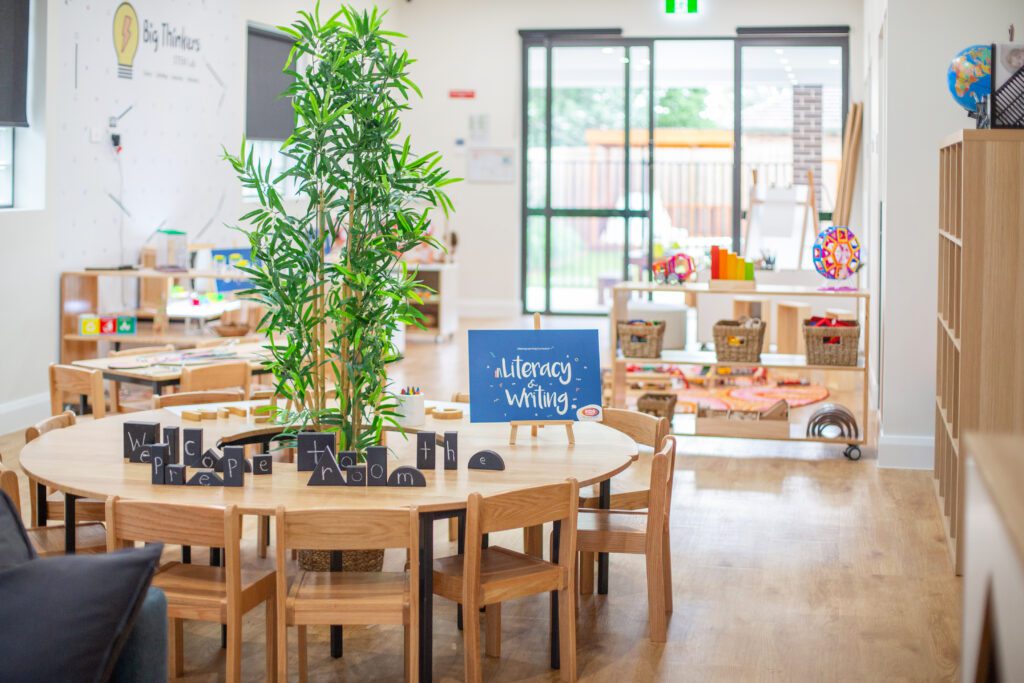
Screens & Under-5s: Finding the Right Balance in a Digital World
From video calls with grandparents to story apps and family photos on your phone, screens are woven into everyday life. For parents of young children, the real challenge isn’t avoiding screens altogether, it’s learning how to use them wisely.